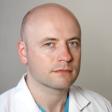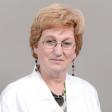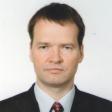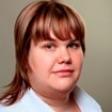.
Department of Anaesthesiology and Intensive Care
Fields of activity, main tasks and objectives
- To organise high-quality undergraduate studies in the following study courses:
- Anaesthesiology and Intensive Care, Toxicology, First Aid and Civil Defence, Emergency Medicine, Extreme and Wilderness Medicine, Pain Medicine, Topicalities in Clinical Toxicology, Emergency Medicine.
- To organise continuing education in anaesthesiology and intensive care,
- To raise practicing anaesthetists' and intensive care specialists' qualifications,
- To supervise student scientific research papers,
- To promote the department’s lecturers' and doctoral students' scientific research,
- To cooperate with the Latvian Association of Anaesthesiologists and Resuscitators, the Latvian Association for the Study of Pain, the European Society of Anaesthesiology and Intensive Care, and other professional associations,
- To promote and maintain cooperation between RSU departments,
- To cooperate with the Academic Society of Anaesthesiology and Intensive Care of the Faculty of Medicine,
- To cooperate with clinical university hospitals,
- To improve the professional and pedagogical qualifications of the department’s academic staff.
Research directions
- Anaesthesiology and intensive care,
- Disaster medicine and toxicology,
- Emergency medicine,
- Pain medicine.
Scientific topics
- The role of functional arterial properties in determining the risk of progression of multiple organ dysfunction syndrome in sepsis patients,
- Clinical, immunological and genetic aspects of sepsis,
- Effects of genetic factors and changes in coagulation due to extracorporeal circulation on postoperative bleeding,
- Ultrasound and fluoroscopic-controlled analgesic blockade in patients with degenerative diseases of the spine,
- Oropharyngeal pathology and results of surgical treatment in patients with sleep disturbed breathing,
- Relationship between dehydration, distribution of fluid volume and damage to glycocalyx layer during general anaesthesia,
- Multimodal optical technique for fluid and vasopressor therapy in critically ill patients,
- Regional cerebral oximetry in neuroanesthesiology and surgeries in forced postures,
- Thrombelastometry for assessing risks of thrombosis in microsurgical operations.
International and local cooperation partners in studies or research
- European Society of Anaesthesiology
- The World Federation of Societies of Anaesthesiologists
- Latvian Biomedical Research and Study Centre
- RSU Institute of Stomatology
- Riga Clinical University Hospitals
Employees
Department of Anaesthesiology and Intensive Care
Pauls Stradiņš Clinical University Hospital
13 Pilsoņu iela, Riga
Room: Block 23, ground floor
Phone: +37167613855
E-mail: ark [at] rsu.lv
Related news
 RSU LASE Sports Chaplaincy celebrates 10th anniversary with event, discussion and activitiesRSU LSPA, For Students, For RSU Employees, Anniversaries
RSU LASE Sports Chaplaincy celebrates 10th anniversary with event, discussion and activitiesRSU LSPA, For Students, For RSU Employees, Anniversaries Apply for the Green HExagon Pre-incubation ProgrammeInnovation, For Students, RSU Alumni, For RSU Employees, B-Space
Apply for the Green HExagon Pre-incubation ProgrammeInnovation, For Students, RSU Alumni, For RSU Employees, B-Space Researchers’ Night at RSU to explore medicine, sport, and technologyFor Students, RSU Alumni, For RSU Employees, For High School Students, For Teachers, Traditional Events
Researchers’ Night at RSU to explore medicine, sport, and technologyFor Students, RSU Alumni, For RSU Employees, For High School Students, For Teachers, Traditional Events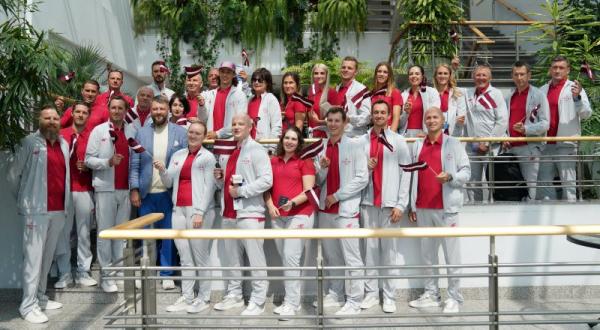 Thank you to everyone who helped represent Latvia at the Paris Olympics!For Students, RSU Alumni, For RSU Employees, Sports
Thank you to everyone who helped represent Latvia at the Paris Olympics!For Students, RSU Alumni, For RSU Employees, Sports